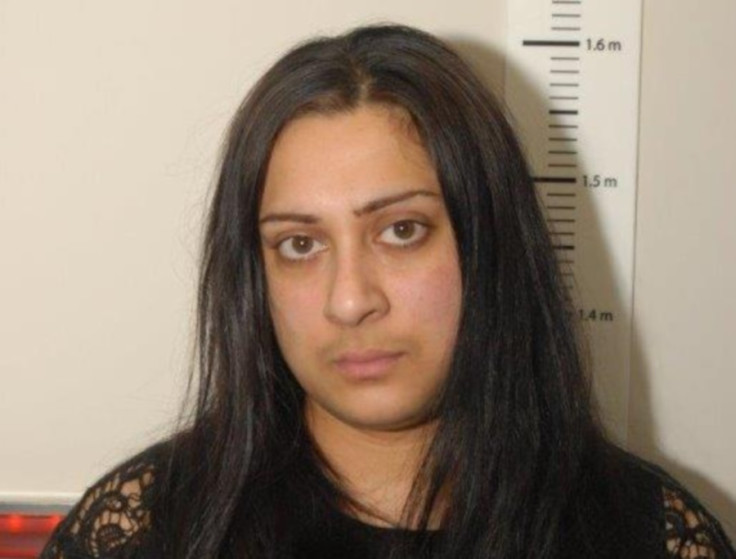Self-titled 'Jihadi Princess' who wanted to marry Jihadi John jailed after sending 20,000 Isis tweets

A Sheffield woman who called herself the 'Jihadi Princess' and said she wanted to marry Jihadi John has been jailed for posting 20,000 tweets backing the Islamic State (Isis). Zafreen Khada, a former make-up artist and retail assistant working at House of Fraser and Harvey Nichols, shared numerous graphic videos featuring violent acts committed by Isis (Daesh) on social media platforms such as Twitter and WhatsApp.
Using multiple accounts, she shared shocking footage of a Jordanian pilot burned alive alongside the message "good riddance", a video of the beheading of the American journalist James Foley and urged the murder of disbelievers' in the US and Europe.
Other material promoted by her included a child threatening to kill all non-Muslims whilst taking part in weapons training. In one five-month period, she engaged with IS material, on Twitter, 20,000 times, re-directing some followers to Dabiq, the extremist's magazine.
Khadam also shared videos featuring Isis warlord, Abu Bakr al-Baghdadi, which she warned her followers would be removed quickly. Officers at South Yorkshire Police were alerted to her online activity in February, 2015, and she was arrested in March by the North East Counter Terrorism Unit (North East CTU).
The unemployed 32-year-old was found to have promoted 'extreme material' that encouraged violence and was subsequently jailed for four years and six months at Sheffield Crown Court on Wednesday, 18 May. Khadam was convicted of ten counts of disseminating terrorist material after a short trial and police believe she may have travelled to Syria if she had not had been caught.
Head of North West CTU, Detective Superintendent Clive Wain, said: "It is clear from the evidence presented that Khadam openly demonstrated support for Daesh and their ideology, using multiple social media accounts to further spread propaganda of this terrorist organisation."
Khadam had claimed that she was unaware the material she shared supported Isis, and did so out of simple "curiosity." Superintendent Wain added: "The reach of social media is vast, Daesh and other groups are increasingly using the internet to encourage support for their objectives. It is vital that we collectively make every effort to stop people becoming radicalised online."
© Copyright IBTimes 2025. All rights reserved.





















